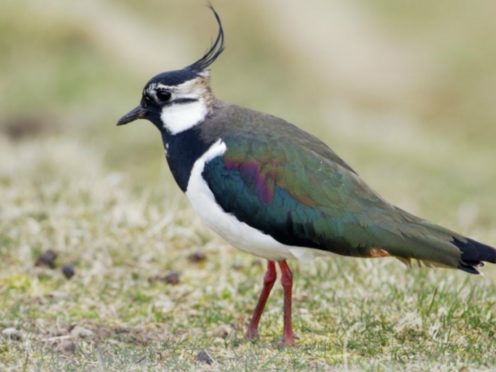Climate change could be a factor in the decline of Scotland’s wading birds, conservationists have said.
Scottish Natural Heritage (SNH) said 14 species of waders including redshank, golden plover and lapwing have declined since the mid-1990s, and in 2015/16 were 21% lower than in 1975/76 – the lowest levels on record.
The Abundance of Wintering Waterbirds report, meanwhile, highlighted a rise in numbers of geese, ducks and swans.

Scotland is on the migration route known as the East Atlantic Flyway and many wildfowl and wader species breed in the Arctic and fly here to winter at one of 50 Scottish sites.
Simon Foster, trends analyst at SNH, said: “While climate change and food availability are likely causes for the decline, there are some species where other factors may be at play.
“More research is needed to better understand these, and develop ways to help improve numbers of waders, including purple sandpipers and turnstone.
“Changes in the Arctic need to be better understood, especially for long distance migratory waders as well as what is happening on their wintering areas.”
SNH said barnacle geese numbers are reaching levels that can cause challenges for some crop growers, and the organisation is working with farmers “to help address understandable concerns on how to manage this conflict”.










